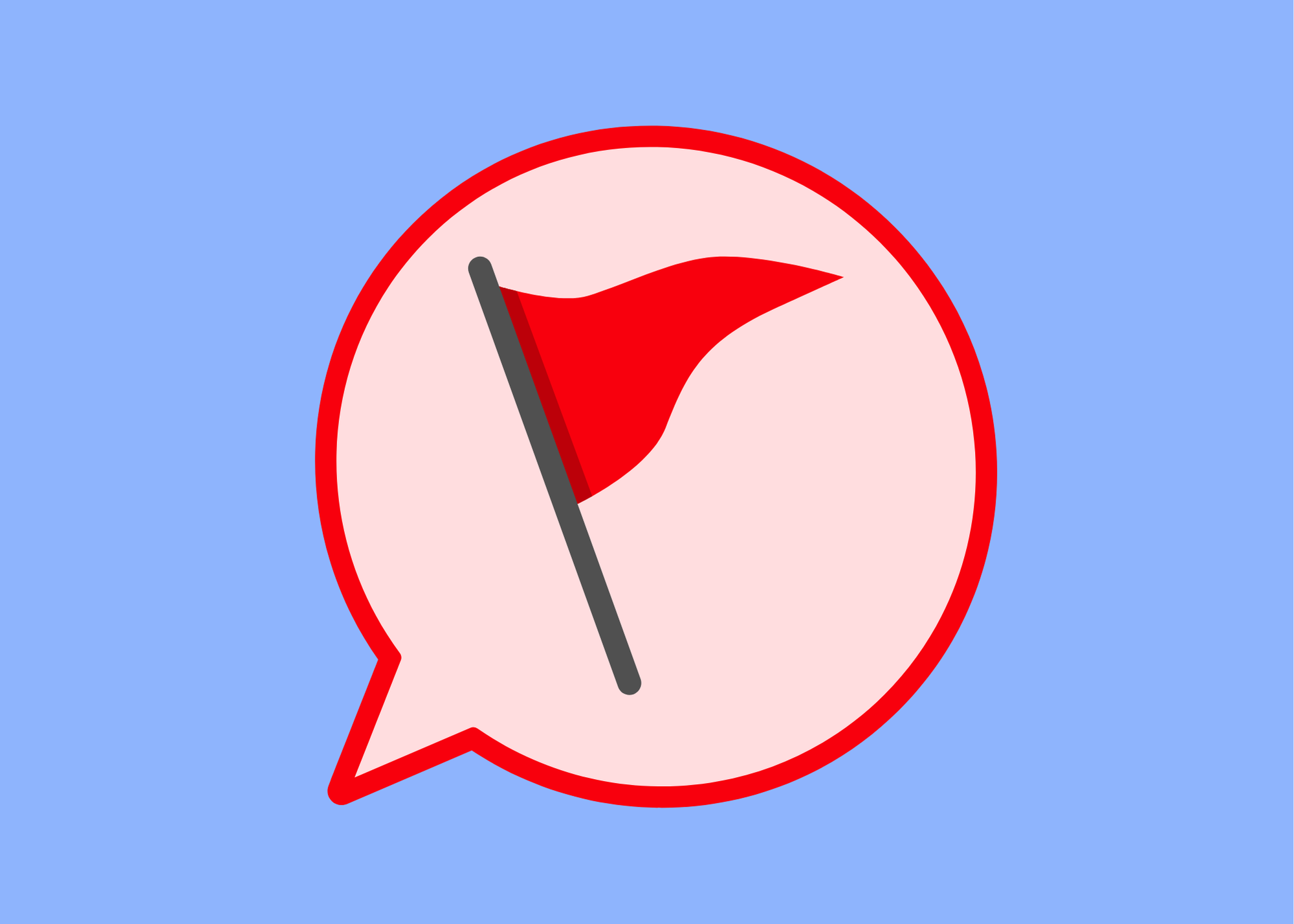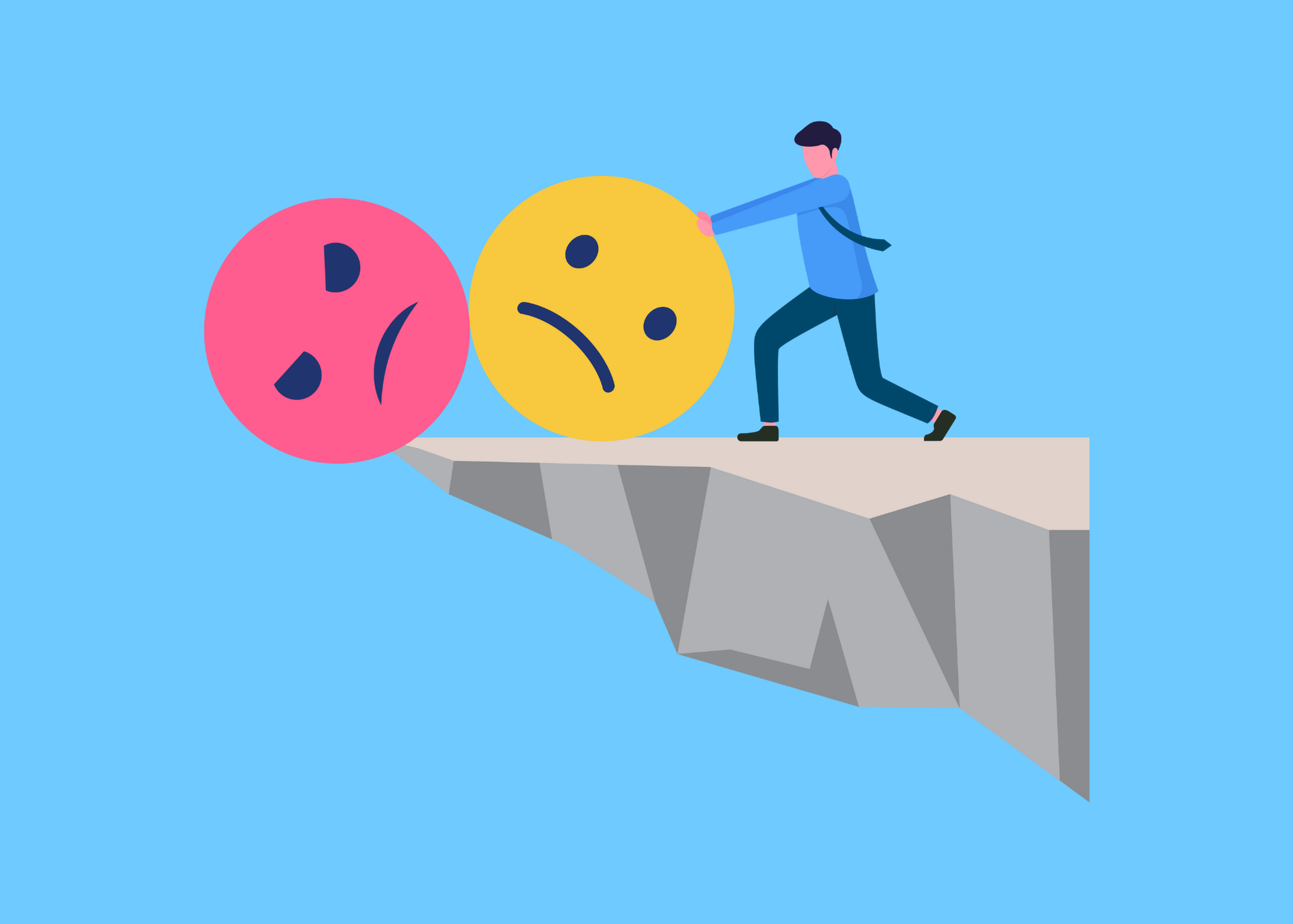Being a Strong Learner Isn’t About How Smart You Are: It’s About Your Behaviors and the Skills You Build
Learning is a skill that can always be improved.
In today’s fast-paced, high-pressure work environment, learning has become not just a skill, but a critical asset for success. Whether you're a CEO trying to steer your company through economic uncertainty or a senior manager tackling complex client projects, the ability to learn quickly and effectively can distinguish you from your peers.
But here's the key: being a strong learner isn't about inherent intelligence—it's about adopting the right behaviors and developing a set of skills. With a growth mindset and consistent effort, anyone can enhance their learning ability, especially with the right support.
In this article, we’ll explore key behaviors and skills that define a strong learner, and we’ll provide a Learning Skills Self-Assessment to help you identify where you excel and where there’s room for improvement.
What Makes a Strong Learner?
Strong learners are often those who approach new information with curiosity and a commitment to improvement. It’s not enough to just consume information; the best learners engage with it, reflect on it, and apply it in meaningful ways. They manage their time well, stay organized, seek active learning experiences, and are resilient in the face of setbacks.
1. Time Management and Goal Setting
Effective learners understand that time is their most valuable resource. Whether you’re preparing for a crucial meeting, tackling a new skill, or simply trying to balance multiple priorities, managing your time efficiently is essential. Strong learners prioritize their tasks, set clear goals, and consistently review their progress.
Self-Assessment for Time Management and Goal Setting:
Do you use tools like calendars or task lists to stay organized?
Are you aware of your most productive hours and schedule challenging tasks accordingly?
Do you regularly review and update your goals to stay on track?
Take a moment to rate yourself on these behaviors, and identify areas where you could improve. Mastering time management is fundamental to becoming a better learner and achieving sustainable success.
2. Active Learning
Active learning goes beyond passive consumption of information. It involves engaging with the material—taking notes, asking questions, teaching others, and making connections. Active learners continually challenge themselves to think critically about what they’re learning, fostering a deeper understanding that sticks.
Self-Assessment for Active Learning:
Do you actively ask questions or quiz yourself about new concepts?
Are you able to explain what you’ve learned to others, reinforcing your understanding?
Do you create mental or written connections between new and existing knowledge?
By practicing active learning, you can enhance your retention and application of knowledge. Review your responses and think about ways to incorporate more active strategies into your routine.
3. Focus and Concentration
In a world full of distractions, maintaining focus and concentration is a crucial learning skill. Strong learners create an environment conducive to concentration, free from interruptions, and they know how to refocus when distractions arise. Whether it's dedicating a quiet space for deep work or using tools to minimize interruptions, learning how to focus is non-negotiable for high achievers.
Self-Assessment for Focus and Concentration:
Do you have a dedicated workspace that minimizes distractions?
Are you able to concentrate for at least 30 minutes on a task without losing focus?
When interrupted, can you return your attention to the task at hand?
Effective focus is a skill you can develop. If you find that focus is a challenge, experiment with different techniques—such as time-blocking or mindfulness practices—to help improve your concentration.
4. Growth Mindset
At the heart of strong learning is the belief that abilities can improve with effort. A growth mindset—the belief that you can always improve—helps learners stay motivated, especially when faced with setbacks. Professionals with a growth mindset see challenges as opportunities for development, embrace feedback, and don’t fear failure.
Self-Assessment for Growth Mindset:
Do you believe that consistent effort and support can improve your abilities?
Are you comfortable making mistakes and using them as learning experiences?
When faced with failure, do you quickly recover and view it as part of the learning process?
Developing a growth mindset allows you to stay resilient and continue progressing, even when the going gets tough.
5. Information Processing Skills
Strong learners know how to process and retain information effectively. This involves not only reading and listening well but also interpreting visual data, analyzing complex scenarios, and applying new knowledge to solve problems. Good information processing allows you to make informed decisions quickly—a skill crucial for professionals managing multiple tasks and responsibilities.
Self-Assessment for Information Processing:
Do you read, write, and listen effectively to gather and interpret information?
Can you easily communicate complex ideas to others?
When you don’t know something, do you know how to find the answer?
Mastering information processing enhances your ability to perform well under pressure, make quick decisions, and apply your learning in real-time.
Learning Skills Self-Assessment: How Strong Is Your Learning Ability?
Take a moment to assess your learning skills with the following self-assessment worksheet. This will help you identify where you are excelling and where there’s room for improvement.
Time Management and Goal Setting
Score each statement (1 = Never, 2 = Sometimes, 3 = Always)
I use a calendar or other management tools to capture my activities, appointments, deadlines, etc.
I check my calendar nearly every day.
I know what my priorities, goals, and values are, and I organize my time around them.
I make lists of my tasks and review them regularly.
I complete tasks on my to-do list.
I anticipate upcoming deadlines and prepare in advance.
I know when I’m most productive and use that time for challenging tasks.
Average time management score: ____
Active Learning
I take notes on what I’m learning.
I draw or create diagrams to help understand what I’m learning.
I ask myself questions to test my understanding.
I teach or explain what I’m learning to others.
I think about how what I’m learning connects to what I already know.
Average active learning score: ____
Focus & Concentration
I have tools (notebooks, pens) organized and ready for studying.
I have a quiet, distraction-free study space.
I can focus for at least 30 minutes without distractions.
I can refocus after interruptions.
I can calm myself down and refocus if I feel anxious or overwhelmed.
Average focus & concentration score: ____
Growth Mindset
I believe I can improve with consistent effort.
I’m comfortable making mistakes because I know they help me learn.
I seek feedback to improve.
I focus on the process of mastery, not just the outcome.
When I fail, I quickly bounce back and see it as an opportunity to learn.
Average growth mindset score: ____
Information Processing Skills
I write and communicate well.
I read and understand complex information easily.
I interpret visual information (graphs, charts) well.
I listen attentively and can process spoken information quickly.
I know how to find accurate information when needed.
Average information processing score: ____
Scoring Key for Learning Skills Self-Assessment
Use your scores to look for areas of strength and areas for growth.
Remember that with consistent practice and support, anything can be improved.
How could you become a better “learning athlete”?
Individual Item Scores
Look at items where you answered “always” and high-five yourself. Then, think about how you can keep those areas strong and vibrant with practice.
Look at items where you’ve answered “never” or “sometimes”, and consider whether you might explore improving them to help yourself learn more effectively.
Average Scores
Each domain (such as active learning) will have an average score for all the items in that domain.
If you scored:
1 to 1.6: There’s a strong opportunity for improvement and growth here, though you might find it more difficult and would probably benefit from more support, such as a coach.
1.7 to 2.3: There’s a potential opportunity for improvement, and likely an easier win, especially with support (e.g., from a coach).
2.4 to 3: This is an existing strength that could be leveraged to improve other skills. Consider coaching to go from good to great!
How to Use Your Scores
Your scores provide valuable insights into your learning strengths and areas that might need attention. The key to becoming a better learner is consistent practice and targeted support. If you score lower in certain areas, take the opportunity to improve with deliberate strategies, such as adopting new learning tools, asking for feedback, or engaging with a coach or mentor.
Remember, learning is a skill that can always be improved. By strengthening your learning skills, you not only position yourself for greater success but also unlock your full potential as a high-performing professional. The path to becoming a "learning athlete" is a journey, but with effort and a growth mindset, the rewards are well worth it.
Need Help? Don’t forget: you’re standing on the version of you that once only hoped for this.
You’ve come far. Now let’s make sure your next step honors that progress—without burning you out.
📅 Book a free 20-minute consult and build what’s next from a place of strength.
Article References
The sources cited in the article:
Times Higher Education (THE). “Learning to Learn: It’s Not Just What But How.” THE - Learning to Learn: Not Just What But How
Harvard Business Review (HBR). “Learning to Learn.” HBR - Learning to Learn
The NYTimes (NYT). “Learning to Learn: You, Too, Can Rewire Your Brain.” NYT - Learning to Learn: You, Too, Can Rewire Your Brain
Verywell Mind (VM). “What is Learning?” VM - What is Learning?
Verywell Mind (VM). "How to Learn More Effectively.” VM - How to Learn More Effectively
NPR. "Learning a New Skills Can Be Hard: Here’s How to Set Yourself Up for Success.” NPR - Learning a New Skills Can Be Hard






